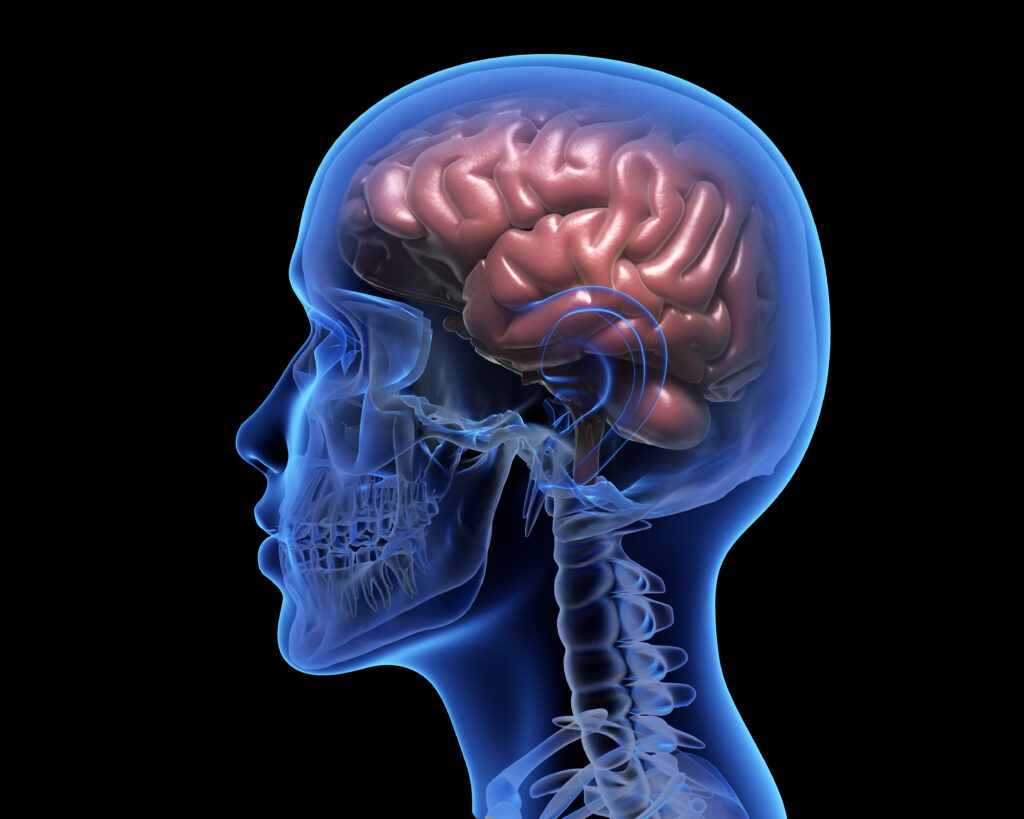Internalized Disorganization
Attention Deficit Hyperactivity Disorder (ADHD) affects individuals of all ages, including children. While the external symptoms of ADHD, such as hyperactivity and impulsivity, are more widely recognized, there is an important aspect that often goes unnoticed: internalized disorganization. In this blog, we explore the impact of internalized disorganization on children with ADHD and provide strategies to help them thrive. If you’re seeking support for your child in Toronto, we also highlight the importance of finding a qualified child therapist specializing in ADHD.
Understanding Internalized Disorganization in Children:
Internalized disorganization refers to the difficulties children with ADHD face in organizing their thoughts, emotions, and daily tasks internally. It can manifest as challenges with time management, planning, prioritizing, maintaining focus, and completing tasks. While these struggles may not be immediately apparent, they can significantly impact a child’s academic performance, self-esteem, and overall well-being.
The Impact on Daily Life:
Internalized disorganization can pose significant challenges in a child’s life. Schoolwork may become overwhelming, leading to missed assignments, poor grades, and feelings of frustration. These difficulties can extend to other areas, affecting social relationships, family dynamics, and the child’s sense of self-worth. Recognizing and addressing these challenges is essential to support their healthy development.
Strategies for Navigating Internalized Disorganization:
- Seek Professional Support: It is crucial to involve a qualified child therapist who specializes in ADHD to guide your child through their struggles. A skilled therapist can provide tailored strategies, behavioral interventions, and support to help your child develop coping mechanisms, improve executive functioning skills, and enhance their overall well-being.
- Establish Routines and Visual Cues: Creating structured routines and using visual aids, such as schedules and checklists, can assist children with ADHD in organizing their day-to-day activities. Breaking down tasks into smaller, manageable steps and providing clear expectations can help them stay focused and motivated.
- Encourage Self-Advocacy and Self-Care: Teach your child to recognize their own strengths and challenges, and empower them to communicate their needs. Encourage self-care practices, such as exercise, healthy eating, and sufficient sleep, which can positively impact their attention and overall mood.
- Collaborate with Educators: Working closely with your child’s teachers and school support team is crucial. Share information about your child’s ADHD and internalized disorganization to develop accommodations and strategies within the classroom environment. Regular communication and collaboration can help create an inclusive and supportive learning environment.
- Foster Peer Support: Encourage your child to connect with peers who have similar experiences. Support groups, clubs, or extracurricular activities focused on ADHD can provide a sense of belonging and the opportunity to share experiences, coping strategies, and mutual support.
Recognizing and addressing internalized disorganization in children with ADHD is essential for their overall well-being and success. By seeking professional support, establishing routines, encouraging self-advocacy, collaborating with educators, and fostering peer connections, parents and caregivers can provide the necessary tools for children to navigate these challenges. If you’re located in Toronto, finding a qualified child therapist specializing in ADHD is crucial for your child’s growth and development. Remember, with the right support and strategies, children with ADHD can thrive and reach their full potential.
At Positive Kids, we have child therapists can work exclusively with children who have ADHD. Our specialization allows us to understand the nuances for ADHD so you can trust your child is in the right hands. To speak to an ADHD counsellor in your city, Call 1-866-503-7454 or email us at info@postivekids.ca

